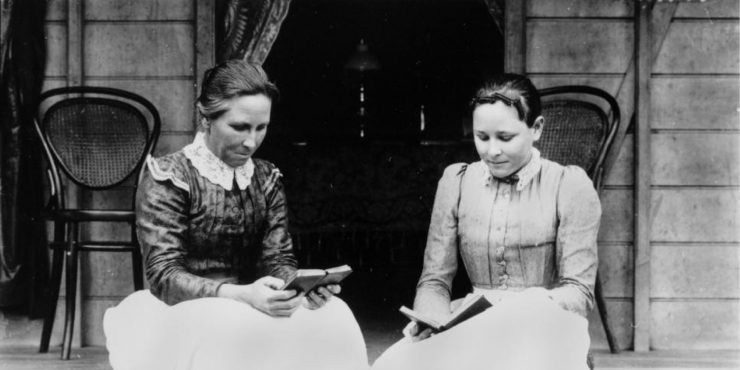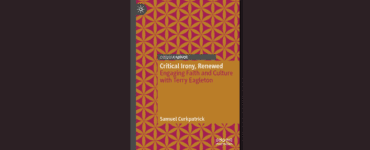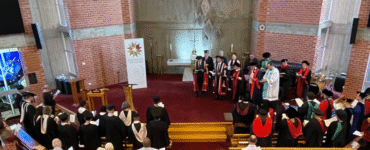2019 Feminist Theologies Conference
Friday October 11 – Saturday October 12, 2019
Pilgrim Theological College, Parkville, Victoria.
Confirmed plenary presentations:
- Reverend Dr Seforosa Caroll (Sydney),
- Reverend Dr Sally Douglas (Melbourne),
- Dr Janice McRandal (Brisbane).
- Professor Nicola Slee (Birmingham and Amsterdam),
- Janette Gray RSM Lecture by Nicola Slee at 7.30pm on Friday 11 October
Call for Papers
POWER, AUTHORITY, LOVE: Writing, Rites and Right
We warmly invite scholars, activists, artists and other practitioners to explore and expound feminist understandings of power, authority and love, both as distinct concepts or experiences and in the interrelatedness. The scope of papers is broad. Diverse contributions will, however, be connected through one of three lenses:
- “writing”—focusing on engagement with feminist theological work on power, authority or love;
- “rites”—focusing on ritual expressions of power, authority or love informed by feminist theology;
- “right”—focusing on getting power, authority or love “right” in practice from feminist perspective.
Presentations of 20 minutes (only and firmly) will be followed by 15 minutes discussion.
How to submit a paper
Proposals of 250 words are due by July 7, 2019, to tfraser@divinity.edu.au
Please include your name, academic or other relevant affiliation, paper title, and a statement of how the proposal is related to the conference theme.
Acceptance will be advised by 29 July 2019.
Selected papers will be published after peer review in a special issue of a journal and/or a collection of essays arising from the event.


A leading voice for feminist theological scholarship and a hospitable hub for engagement with feminist approaches within Australia and the region.
The Australian Collaborators in Feminist Theologies network aims to consolidate and energise the University’s commitment to the participation of women and feminist scholars in the academy and the wider church. By fostering and forwarding feminist voice and vision we aim to promote Gospel justice by addressing issues relating to gender equality, class, race, sexuality, and ability.







Add comment